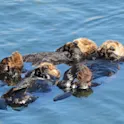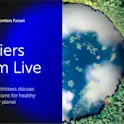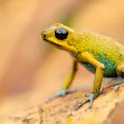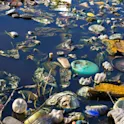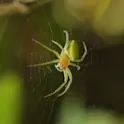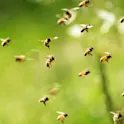
Featured news
29 Mar 2023
The Norwegian Centre for Violence and Traumatic Stress Studies forms open access publishing agreement with Frontiers
The Norwegian Centre for Violence and Traumatic Stress (Nasjonalt Kunnskapssenter om vold of Traumatisk stress – NKVTS) supports their authors in publishing open access. As part of this support, the Norwegian Centre for Violence and Traumatic Stress will cover Article Processing Charges (APCs) for eligible articles centrally for their eligible authors. As part of the Sikt Open Access Publishing Framework Agreement, NKVTS will benefit from a 10% partnership discount. Eligible authors are corresponding authors affiliated with the Norwegian Centre for Violence and Traumatic Stress. Information for authors: To submit your article under this institutional agreement, please select ‘NKVTS – Norwegian Centre for Violence and Traumatic Stress’ as institutional payer in the invoice section when submitting your article as the corresponding author. Frontiers will then verify your eligibility with NKVTS and if confirmed the discounted invoice will be sent directly to NKVTS for payment. For information on whether your article is eligible under this agreement, or if you require any further details, please contact Hege Eriksen at h.e.oswald@nkvts.no. For information on Frontiers’ institutional agreements please visit our institutional memberships page or contact institutions@frontiersin.org to discuss the possibilities for your organisation.



